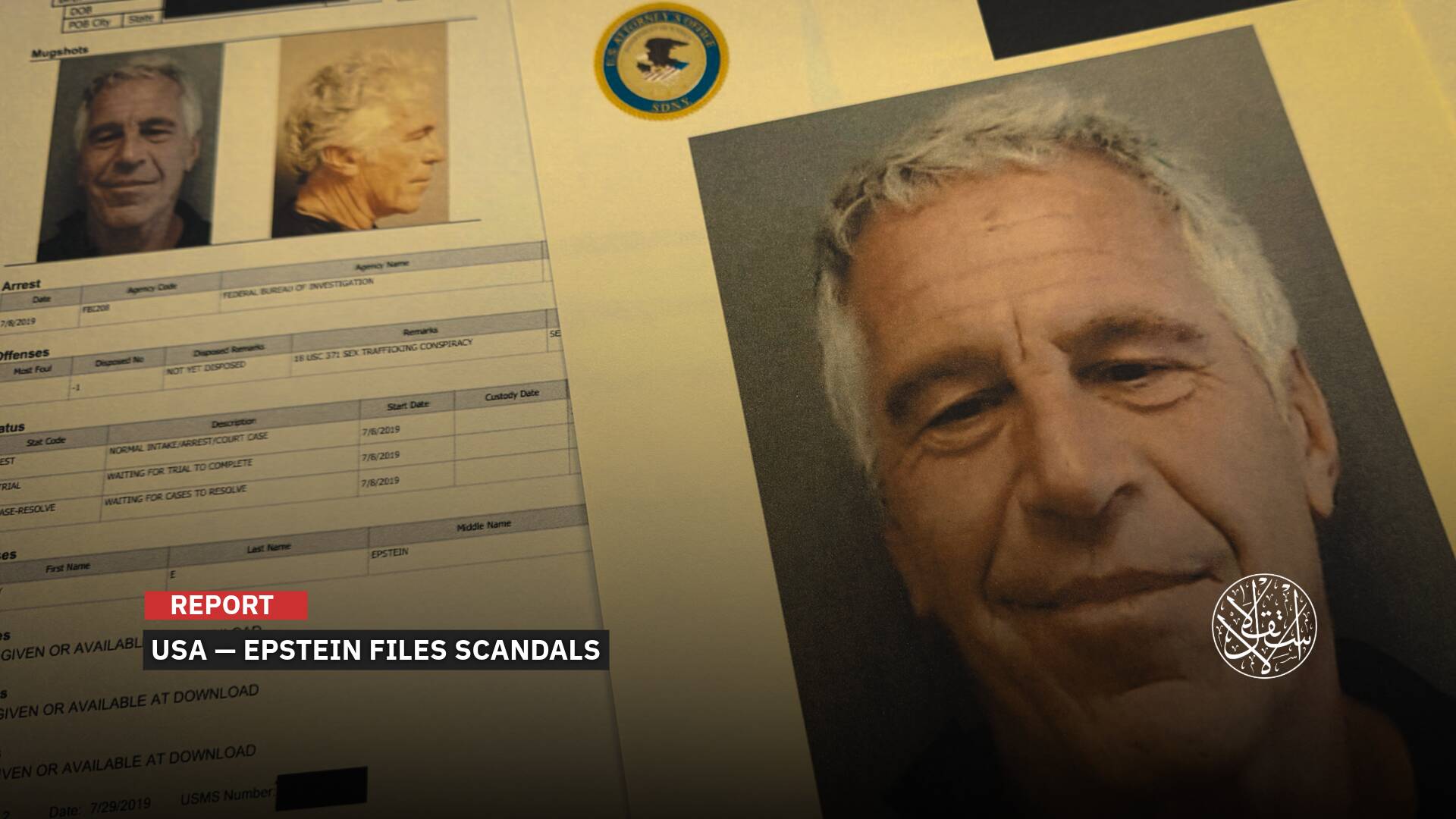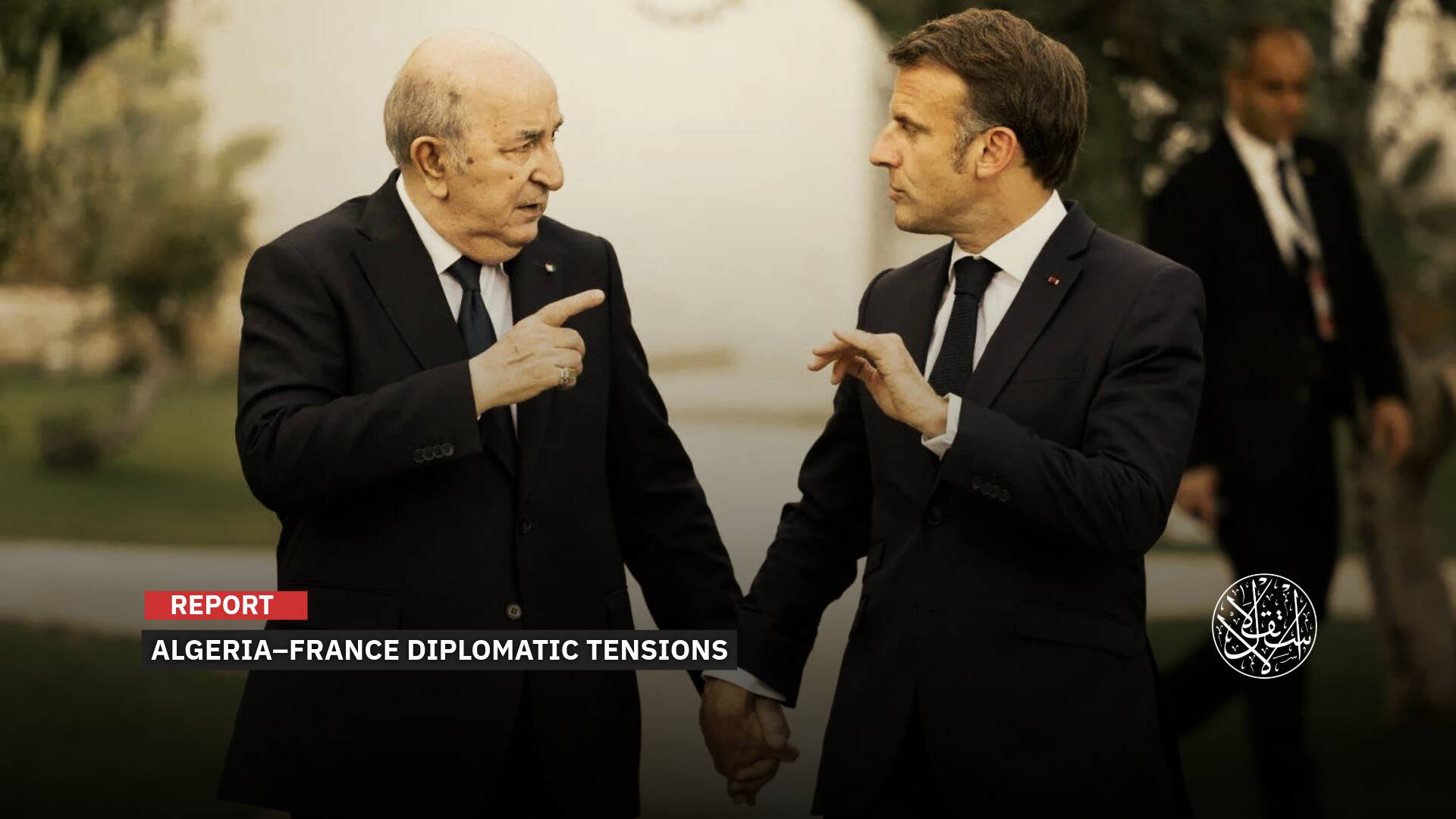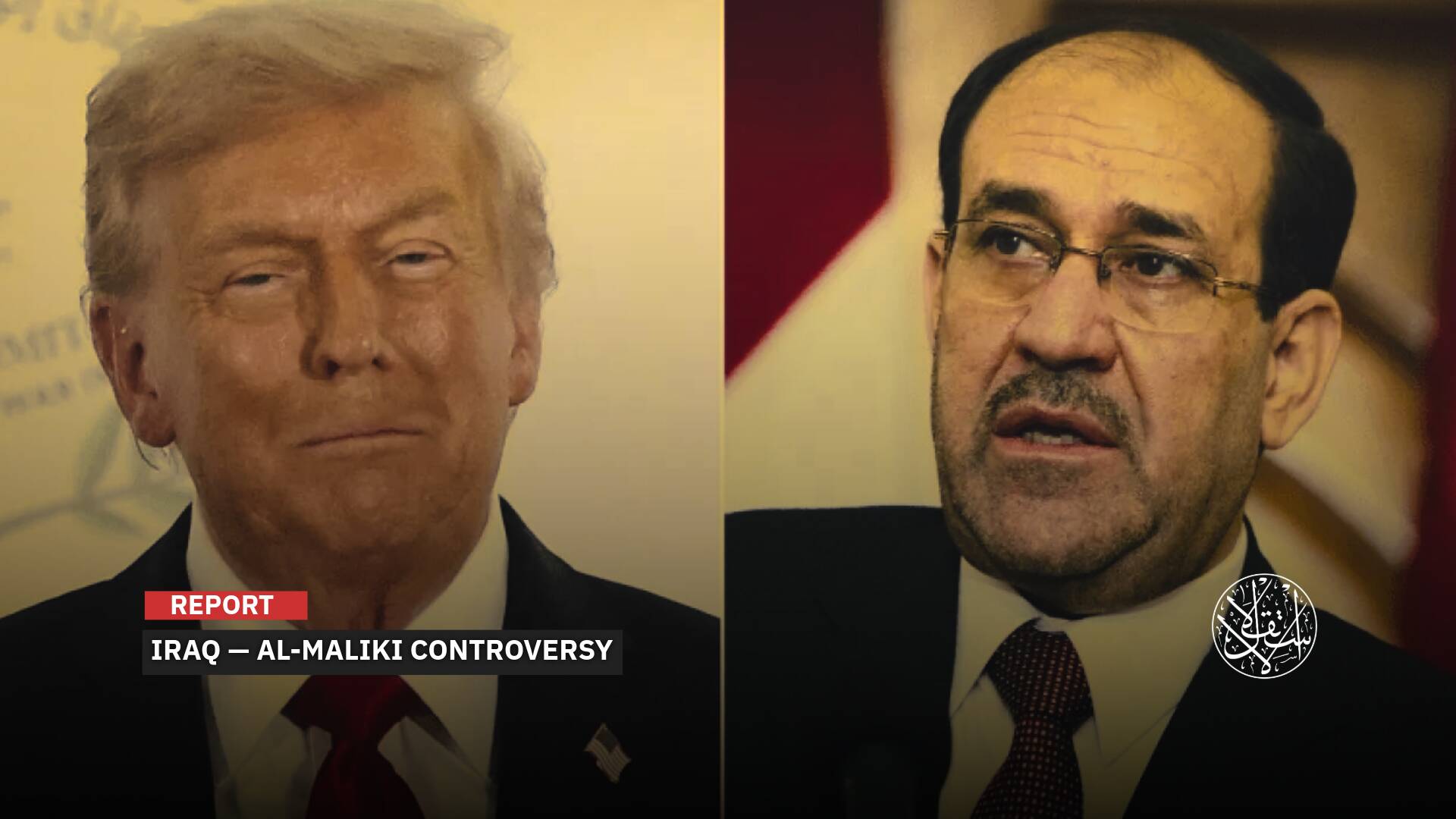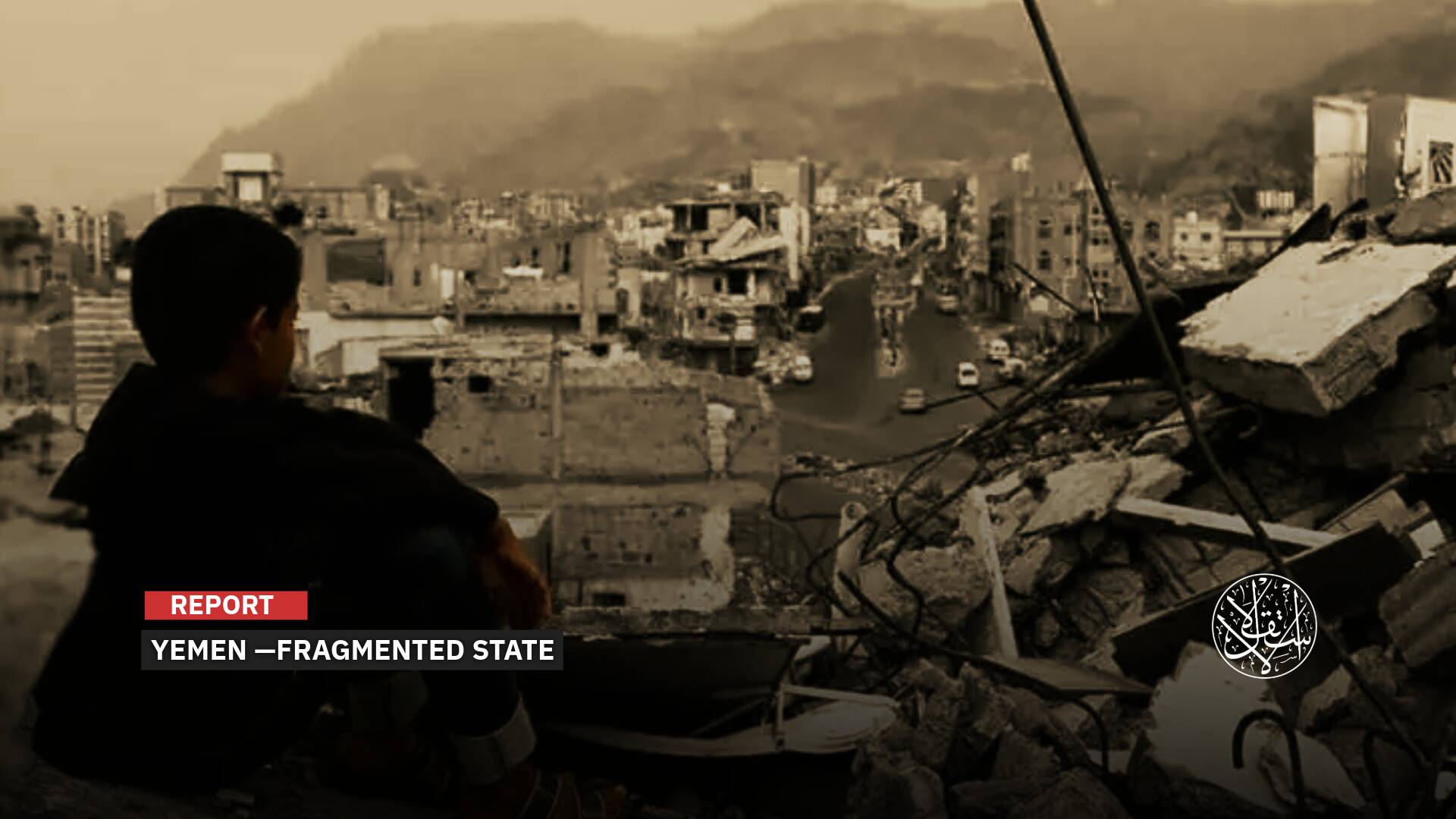How Did the UN Slowly Kill Earthquake-Struck Northwestern Syria?

Throughout the devastating earthquake of Turkiye and Syria, the UN, with its vast resources at its disposal, was more than able to increase the share of aid to northwest Syria but was more concerned about keeping Damascus happy than saving the lives of Syrians in Idlib.
Journalist Tessa Fox said the United Nations had admitted to failing the Syrian people by not helping them mitigate the devastating earthquake that struck the northern parts of the country.
This is at a time when the regime of Bashar al-Assad seeks to politicize this aid, criticizing international sanctions on it as being responsible for obstructing it.
It took the United Nations three days to announce it was ready to send an aid convoy to northwest Syria in the wake of the devastating 7.8-magnitude earthquake.
The past 12 years have witnessed the failure of the international community to protect the Syrian people from the bombing of the regime of Bashar al-Assad and its ally Russia.
Access to aid has become even more limited, especially for the 2.8 million Syrians who depend on it in the northwestern enclave.
The United Nations missed a vital opportunity to stand up to Moscow and Damascus and stop politicizing aid.

UN Failure
The opposition-held areas of Syria are facing deteriorating humanitarian conditions, exacerbated by the significant damage caused by the earthquake.
This is confirmed by the head of the Media Commission of the Syrian Interim Government, Mohammed Alaa al-Din, by talking about the major problems they face in sheltering the afflicted as a result of the demolition of about 7,000 houses and the damage of more than 6,000 other houses that were emptied of their inhabitants.
The head of the media body of the opposition government sounded the alarm about the delay in international aid, considering it a “failure of the international community” towards the stricken area in northwestern Syria despite the urgent need, including “to rescue those trapped under the rubble, because the possibility of Syrian civil defense is limited, several and numerous.”
A number of Syrian activists criticized this as an “international failure to help them.” Syrian journalist and activist Hadi Abdullah revealed in a video on his official Facebook page that the international rescue teams that arrived in the northern areas of Syria did not exceed eight individuals after 5 days of the earthquake, “five Egyptian doctors and three Spanish rescuers.”
UN Humanitarian Coordinator Martin Griffiths acknowledged the weakness of international efforts to help Syrians affected by the earthquake. Griffiths tweeted: “We have so far failed the people in northwest Syria. They rightly feel abandoned. Looking for international help that hasn’t arrived. My duty and our obligation is to correct this failure as fast as we can.”
More recently, UN member states acquiesced to Russia’s insistence on extending the mechanism for delivering humanitarian aid to Syrians through the Bab al-Hawa crossing on the Turkish border for only 6 months instead of 12 months, putting millions of Syrians in a periodic dilemma and hampering the ability of UN aid agencies as well as NGOs to plan long-term programs.
The UN Security Council has long argued that its decision to grant concessions to Russia is in the interest of protecting ongoing UN operations in regime-held areas.
The crisis in northwest Syria has been worsening for years, so what happened this week in the aftermath of the earthquake was somewhat inevitable, although it could have also been prevented.
At the #Türkiye-#Syria border today.
— Martin Griffiths (@UNReliefChief) February 12, 2023
We have so far failed the people in north-west Syria.
They rightly feel abandoned. Looking for international help that hasn’t arrived.
My duty and our obligation is to correct this failure as fast as we can.
That’s my focus now.
No Border Problems
Emma Beals, a non-resident fellow at the Middle East Institute, told New Lines that the current crisis highlights the unacceptability of cross-border aid status, noting that “a situation where millions of desperate people rely on a six to 12 monthly renewal, with access reduced every so often, and for the implications of that to have such deadly consequences in an emergency, is not a sustainable way to address the very real needs of those living in the northwest.”
No UN aid crossed the Bab al-Hawa border until around midday on Thursday, three days after the disaster.
Explanations and justifications circulated were that the delay was due to the severe damage to the roads due to the earthquake, which made it impossible to reach the border crossing.
Meanwhile, the bodies of displaced Syrians who died in their homes in Turkiye were transported in pickup trucks to Syria and delivered through the Bab al-Hawa crossing to relatives to be buried on the other side of the border.
But if the Turkish authorities—the municipalities—could organize the transport of the deceased to the border, amid the immense pressure they were facing to help their own people, would the UN really fail to find a way to navigate the roads and send aid immediately?
Dareen Khalifa, senior Syria analyst at the International Crisis Group, told New Lines that roads should not be an excuse for the UN to refrain from sending rescue teams or assistance.
“There are a million routes to Syria,” Khalifa said. “I think the UN should have had a more judicious interpretation of the mandate and used other crossings if this one was deemed inoperable.”
In addition to Bab al-Hawa, at least three other border crossings were informally open and operating: Bab al-Salama, Jarablus, and al-Ra’i.
While these crossings are technically unauthorized for use by the UN aid hordes, it may be believed that the strongest earthquake in the region in 100 years was reason enough to consider at least making an exception by opening another crossing for UN aid to enter.

Deliberate Prevention
However, as Beals points out, “the UN cannot unilaterally open another border crossing, but other actors can act as they see fit,” referring to Syria and Turkiye.
“Part of the problem was the excessive focus on the UN’s response when it was very clear that its system was marred by legal and logistical problems that could take time to resolve,” she said.
It was clear from the beginning that the option of using another crossing was not on the table. “Fear of angering the Syrian government and the Russians should certainly not be a factor to be taken into account when responding to this crisis,” Khalifa said.
Considering that UN workers in Turkiye were also affected by the earthquake and were unable to work in the early hours, the non-resident fellow at the Middle East Institute, Karam Shaar, told New Lines that the headquarters of the Syrian Rescue Service should have been moved to another center in Erbil in Iraq or Amman in Jordan.
Even in the absence of staff, Charles Lister, senior fellow and director of the Middle East Institute’s Syria program, said Turkiye was prioritized, adding that “northwest Syria has been classified as not a sufficient priority—which is frankly difficult to accept.”

Syrian activist Ilaf Yassin also stressed out the same point in a vlog she posted on her Facebook page, saying that international aid was delivered to Turkiye and not Syria.
Lister added that the commitment to the humanitarian imperative seems to have been completely abandoned when it comes to northwest Syria, adding that “these are five million of the most vulnerable people on earth, and they have just been hit by a near-apocalyptic earthquake.”
All areas of Syria affected by the earthquake need to immediately have heavy machinery to assist in search and rescue operations.
Turkiye clearly needs all the cranes it has to rescue people within its borders, but if the UN or even some NGO contracts with private construction companies in Lebanon, for example, were to send machines to Syria, they would be there in a few hours, but it’s a matter of will and strategy, not capability.
While Turkiye has not yet been able to reach all those buried under the rubble of buildings, the percentage of bodies recovered in Turkiye is much higher than in Syria due to Syria’s slow response to the earthquake. It may not be possible to move those trucks to northwest Syria on time because the regime may not have allowed it, but nevertheless, rescuing people in regime-controlled areas is as worthwhile as in northwest Syria.
The urgent need for heavy machinery is rapidly disappearing because as the days go by, the rescue mission will naturally turn into a recovery mission because most people will have suffocated, died from their wounds, or frozen from the bitter cold.
If the UN cannot put politics aside and act courageously in times of emergency, Syrians and other civilians alike will continue to pay the price. “The UN, with its vast resources at its disposal, is more than able to increase the share of aid to the northwest, but it is more concerned about keeping Damascus happy than saving the lives of Syrians in Idlib,” Lister concluded.
Sources
- Protesters in northern Syria accuse UN of failing earthquake victims [Arabic]
- "Shock" in Syria. Was the UN dedicated to "failing the West" after the disaster? [Arabic]
- Turkey and Syria earthquake: Syrians 'right to feel let down' as they continue to suffer after disaster [Arabic]
- "We died thanks for letting us down." Syrians criticize UN stance on support for earthquake victims [Arabic]











